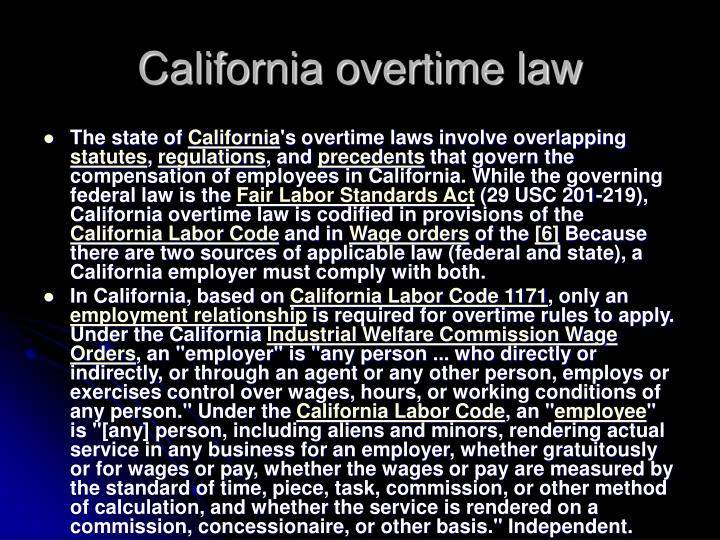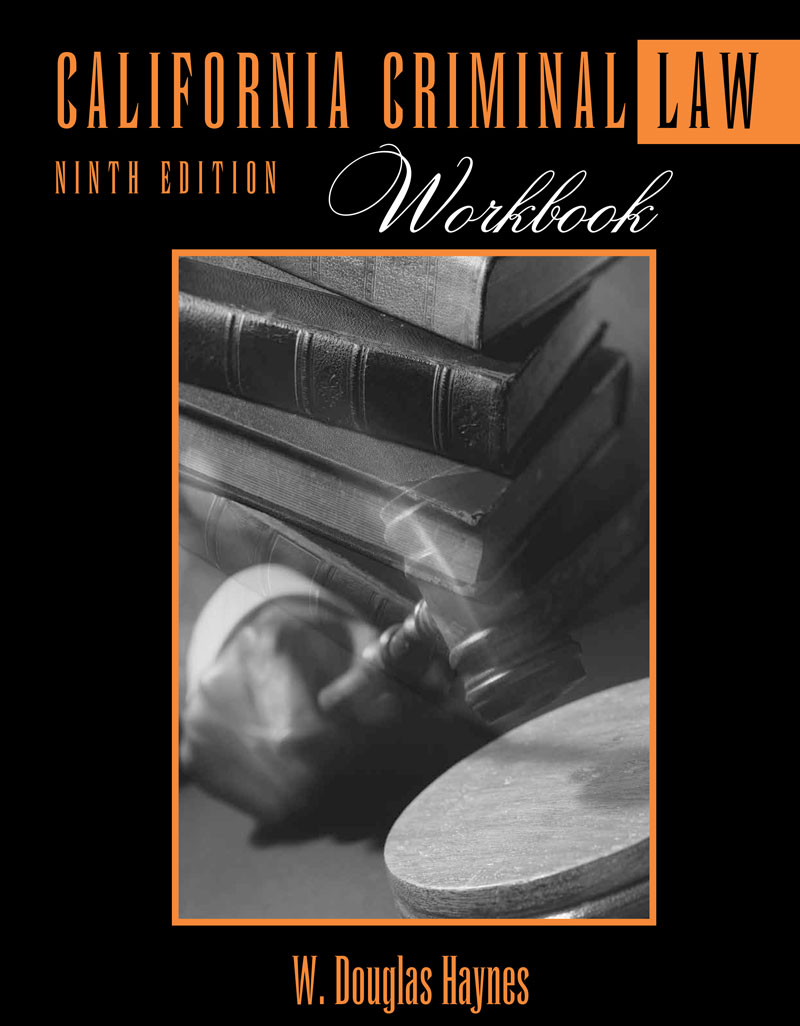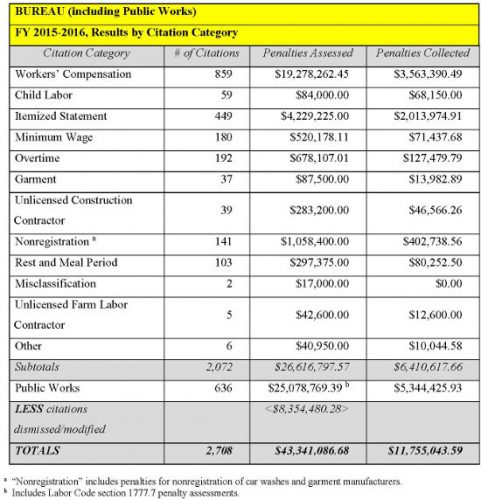
As a result, civilians and governments can sue for violations of the statutes and federal immunity won’t apply. The new crop of state laws directly targets this exception by putting a law on the books that expressly regulates the sale and marketing of firearms. The families reached a $73 million settlement with Remington in February. The plaintiffs argued that Remington had violated a state marketing law by intentionally marketing its Bushmaster XM-15 rifle to young, unstable men. These questions were at the center of a recent lawsuit brought by the families of the victims of the Sandy Hook Elementary School massacre against the gunmaker Remington Arms. Nearly all lawsuits since PLCAA’s passage have hinged on differing interpretations of the words “applicable to”: Does a commerce law that regulates commerce of all goods including firearms apply? How about a marketing statute prohibiting advertisements that promote violence? Lawsuits against gunmakers may proceed if the company in question violated a state statute “applicable to” the sale or marketing of firearms. While PLCAA provides broad legal immunity, it does come with exceptions. In the ensuing years, the legislation has torpedoed most subsequent attempts to sue gunmakers for their contributions to violence. Within a year of PLCAA’s passage, all but one of the lawsuits brought by cities against the gun industry were dismissed. At the time, the NRA called it “the most significant piece of pro-gun legislation in 20 years.” The NSSF, in concert with the National Rifle Association, pushed for a bill that would stop lawsuits against gun companies over unlawful uses of their products. Rather than fighting dozens of costly and protracted legal battles, the gun industry turned to its lobbyists.

The legal strategy mirrored a successful effort to rein in the tobacco industry after major tobacco brands willfully misled the public about the dangers of smoking cigarettes, and threatened to encourage similarly drastic regulation. These companies sold guns to retailers that they had reason to believe were breaking the law, the cities’ lawyers argued, and should have to pay for the violence-related funeral, medical, and structural expenses incurred by their negligence. In the late ‘90s and early 2000s, more than 40 municipalities across the country alleged that gun manufacturers and wholesalers had failed to responsibly monitor their distribution channels, allowing thousands of weapons to be diverted to the criminal market. PLCAA was conceived in response to a wave of lawsuits that sought to force gun industry reforms through the courts. Experts also say this new tactic has a greater likelihood of being effective, a stark contrast to splashy efforts by California Governor Gavin Newsom and others modeled after a controversial Texas law that would allow private citizens to sue abortion providers. The laws represent a renewed effort by state and local leaders to hold the gun industry accountable for supplying a public health crisis that takes tens of thousands of lives every year.



The group did not respond to a request for comment. The National Shooting Sports Foundation, the industry’s trade group, has come out in opposition to the state statutes, calling New York’s an “unconstitutional attack” on businesses. “For far too long victims of gun violence have only received thoughts and prayers because the entire industry has been shielded by federal law. “This puts the power back in the people’s hands,” said California Assemblymember Phil Ting, who authored his state’s statute, which was signed by the governor on July 12. Here’s the federal law they’re taking on. If successful, such suits could mark the first time in nearly 20 years that gun companies have faced accountability in court for careless sales practices, and reshape how the firearms industry distributes guns to the American public.Ī pair of lawsuits threatens to erode the special legal immunity that gun manufacturers, distributors, and dealers enjoy. Their greater significance, however, may lie in setting the stage for governments and private citizens to sue gunmakers by exploiting a narrow exception in PLCAA. In the last year, legislators in California, Delaware, New Jersey, and New York have passed laws that require gun companies to impose “reasonable controls” on their distribution chains and more carefully monitor how and where they sell firearms. Every year, that effort has stalled in committee, captive to political gridlock that shows little sign of waning.īut a new push led by gun reform-minded states may have found a way through the industry’s special legal immunity. Every year since 2013, House Democrats have introduced a bill to repeal The Protection of Lawful Commerce in Arms Act, or PLCAA, which shields the firearms industry from lawsuits over harms committed with its wares.


 0 kommentar(er)
0 kommentar(er)
